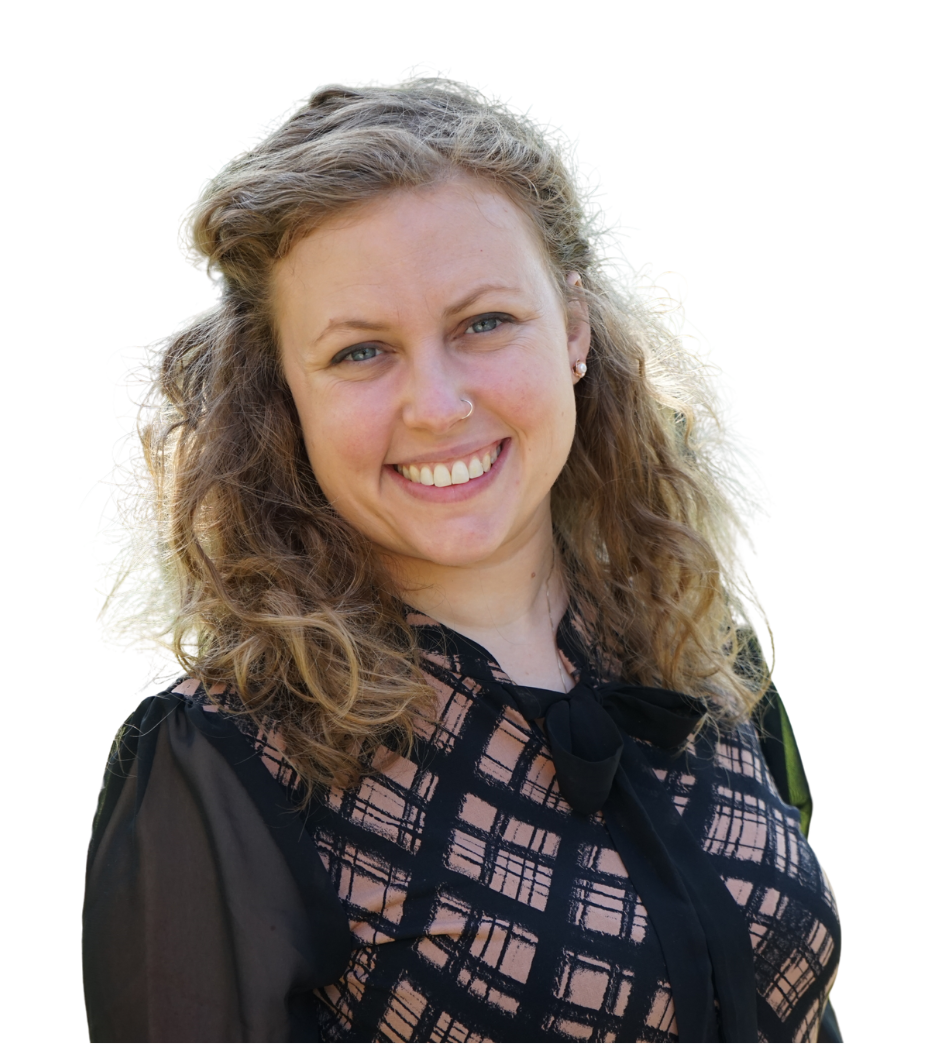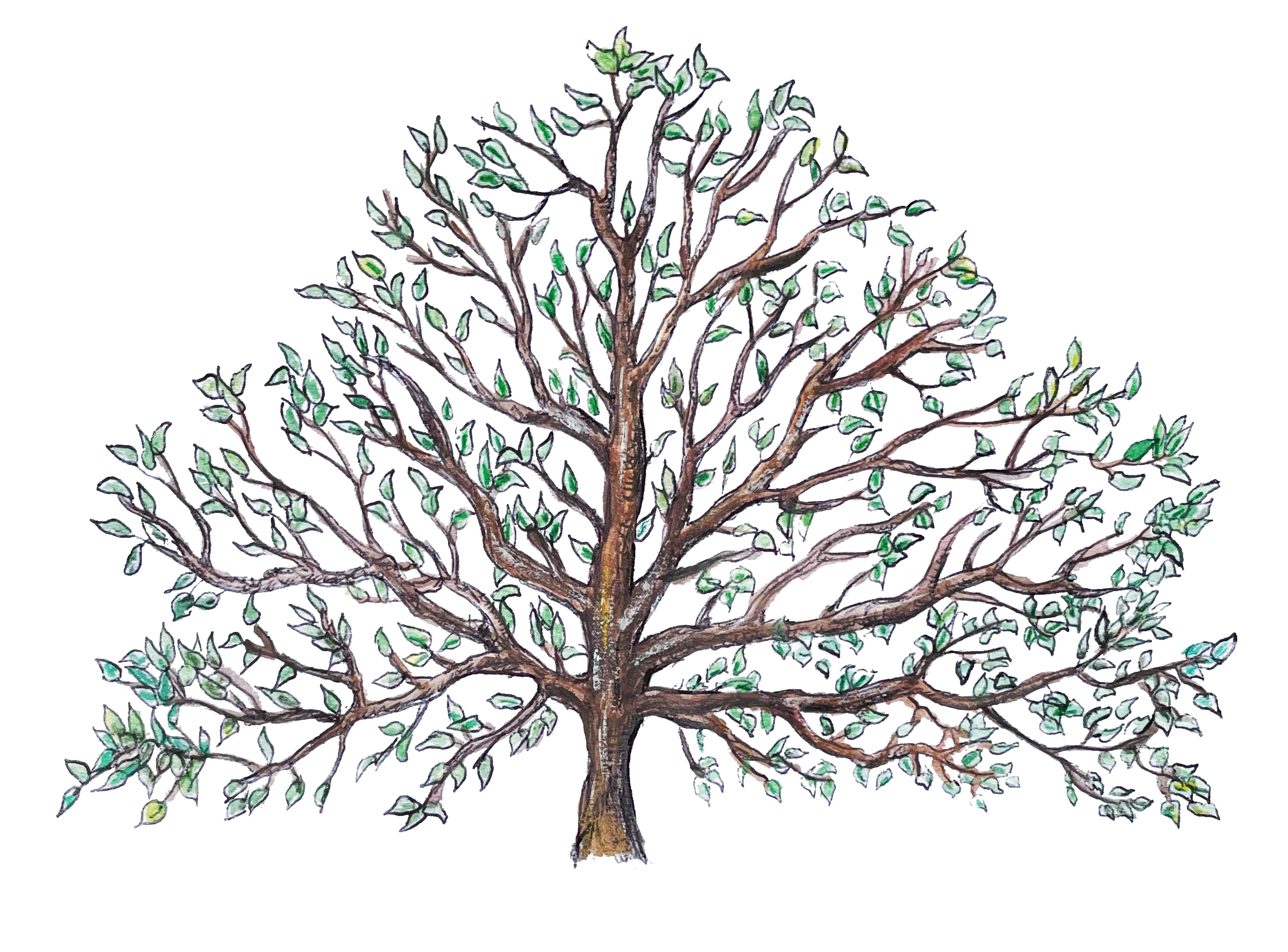About

Ashley L. Brusma, P.h.D.
My Professional Overview
Over the past 15 years, I have focused on helping others grow and become all they were meant to be. My belief in the transcendent nature of learning is reflected in my diverse experiences in the traditional classroom and through small group and one-on-one learning, both in-person and virtually, internationally and in the USA, in English and ESL classes, and personalized GED and life skills preparation.
I hold a PhD in Educational Leadership from Columbia International University, and my research was sponsored by the Association of Christian Schools International (ACSI). My dissertation investigated how Christian education (specifically in the Caribbean and Central America) can positively impact students’ lives.
I’ve taught internationally in Uganda and Haiti. My experiences in Port-au-Prince, Haiti, include teaching (e.g., developing and teaching English, ESL, and technology curriculum; serving as class advisor) and leading and serving in teams (e.g., reviewing school for reaccreditation, mentoring a teacher, and facilitating curriculum review). In 2018, I transitioned from brick-and-mortar education to teaching remotely. As online learning has grown increasingly popular, I can apply my experiences teaching and learning online to create a dynamic and supportive atmosphere.
I believe that education is a powerful tool that can change lives. Nelson Mandela expressed this eloquently when he said, “Education is the most powerful weapon which you can use to change the world” (Perkins, 2022).
Learning
I remember going up to Dr. Miller after class on a Thursday afternoon. I took several literature classes with him, and his passion for literature and knowledge were contagious. He sprinkled lectures with personal tales from the war and how he rose above his teachers’ belief that he was stupid. In this world literature course, our recent readings had included Dante’s Inferno and The Odyssey. Class ended, and I felt confused and distraught. “I feel like the more I read and study, the less I understand,” I confessed to Dr. Miller. In classic Dr. Miller fashion, he placed his hands on his knees and, with eyes closed, bent his six-foot frame forward, exclaiming: “That is learning! That is knowledge! You are really getting it! The more we learn, the more we realize how little we know.”
His words stuck with me. Sometimes, we think that as our experiences accumulate and knowledge grows, we will be closer to “knowing” stuff. The reality is that this created world is vast and diverse, and we will always have much to learn about knowledge, life, others, and what truly matters. Learning is limitless. In this, I have cultivated the art of asking questions, lots of questions, so that I can begin to understand the world around me and how it works.

Education & Qualifications
- Columbia International University, 2024
PhD in Educational Leadership
- Columbia International University, 2021
Master of Education, Concentration in Instruction and Learning
- Millersville University, 2011
Bachelor of Science in English Education
Certifications
- English 7-12
- Program Specialist: English as a Second Language
Research & Publications
- Blog Post: Educating Students in Caribbean and Central American Countries: What Makes a Difference (June 2024) https://blog.acsi.org/what-makes-a-difference
- Dissertation: Christian School Administrators’ and Teachers’ in Developing Caribbean and Central American Countries Perceptions of Factors Related to Educational Effectiveness (May 2024)
Christian School Administrators’ and Teachers’ in Developing Caribbean and Central American Countries Perceptions of Factors Related to Educational Effectiveness
Dissertation AbstractDeveloping Caribbean and Central American countries are diverse, as are the Christian schools in them. These regions face post-colonization, low welfare, and systemic development difficulties. Although educational effectiveness research (EER) is vast, EER is nearly nonexistent in Christian schools worldwide. To better understand what makes Christian schools in developing Caribbean and Central American countries effective, instrument items were formulated primarily from EER in developing countries by selecting significant factors that emerge the most frequently across studies. Out of the survey’s 20 research-based educational effectiveness factors, 12 were derived from developing countries’ literature and six came from Christian literature. Administrators and teachers in 12 Caribbean and Central American Christian schools were invited to participate, and the purpose was to gather administrator and teacher perceptions (N = 41) on what impacts student outcomes. A convergent triangulation mixed methods approach was conducted by asking participants open- and closed-ended (Likert scale, ranking) questions to find the most important factors that contribute to student outcomes. The top four factors included Christlike instructors, students are discipled, Christian community is created within the school, and supportive administrative leadership. The research question was: What are the themes that administrators and teachers in English-speaking Christian schools in developing Caribbean and Central American countries perceive to be the best contributors to their schools’ effectiveness, and what are perceived to be the greatest threats to the effectiveness of English-speaking Christian schools in developing Caribbean and Central American countries?
Keywords: Educational effectiveness research, EER, education, international Christian schools, Christian education, Caribbean, Central America, Haiti, administrators, teachers, developing countries, Association of Christian Schools International, ACSI, perceptions, mixed methods